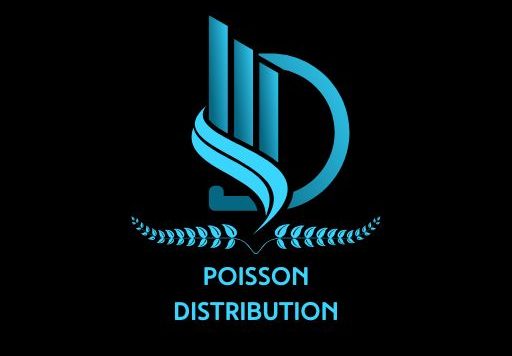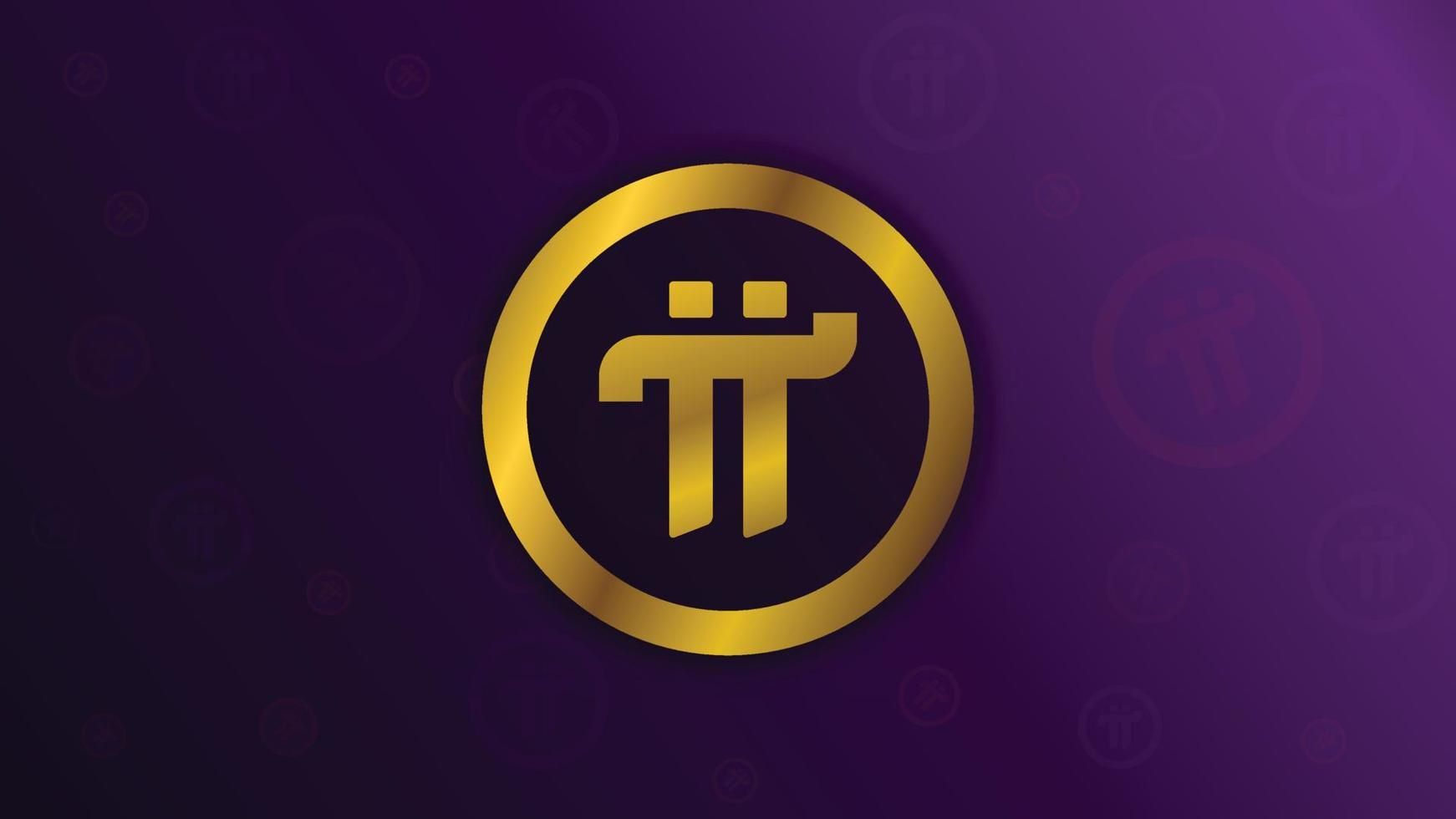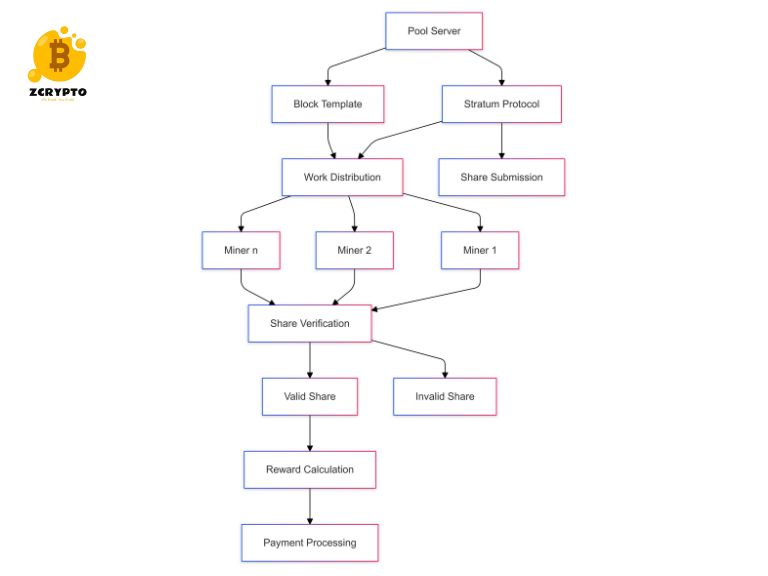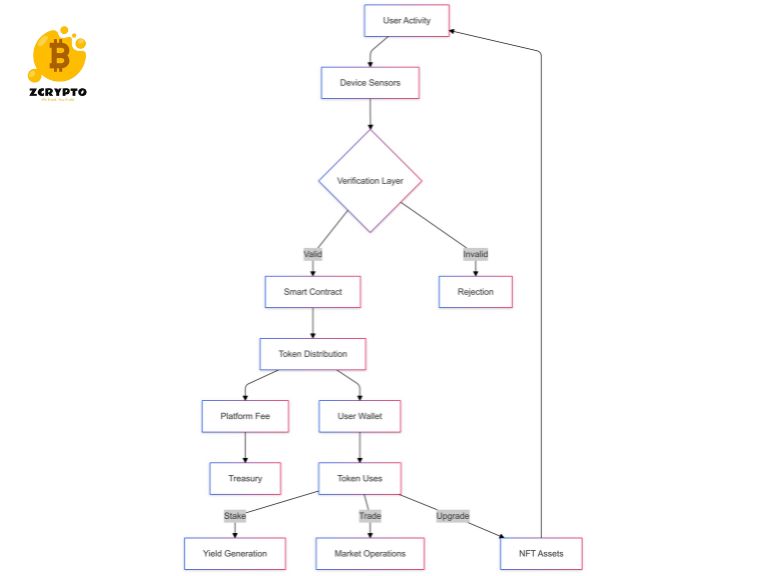What is a Bounced Check?
A bounced check occurs when there are not enough funds in your bank account to cover the amount written on the check. The most common reason for this is insufficient funds. When you write a check without ensuring that your account balance can cover it, the bank will return the check unpaid.
- Understanding C Corporations: Benefits, Taxation, and Investment Advantages
- Understanding the Catalog of Federal Domestic Assistance (CFDA): A Comprehensive Guide to What It Was
- How Bail-Ins Work: Understanding the Financial Rescue Mechanism for Failing Banks
- Understanding Buy-In: How It Works in Finance, Short Selling, and Business Investments
- Mastering Acquisition Accounting: Tips and Strategies for Seamless Financial Integration
Other reasons for a check to bounce include errors in filling out the check, such as incorrect dates or amounts, or if the payee holds onto the check too long before depositing it. These errors can lead to delays and misunderstandings that result in returned checks.
Bạn đang xem: How to Handle a Bounced Check: Tips and Consequences for Personal Finance
Consequences of a Bounced Check
Financial Fees
When a check bounces, you can expect to incur several types of fees. The bank will typically charge an NSF fee, which averages around $19.94, and an overdraft fee if your account goes into overdraft, averaging about $26.61. Additionally, the payee may charge late payment fees or other penalties for not receiving timely payment.
Impact on Credit Score
While a single bounced check does not directly impact your credit score, it can lead to indirect consequences if the debt remains unpaid. Unpaid debts can be sent to collections, which can negatively affect your credit score.
Legal Implications
Xem thêm : Understanding Cash Equivalents: Definition, Examples, and Financial Impact
Knowingly writing bad checks can have serious legal repercussions. Depending on the amount and frequency of such checks, you could face misdemeanor or felony charges.
Banking Restrictions
Frequent bounced checks can lead to severe banking restrictions. Your bank may close your account and report you to ChexSystems, a consumer reporting agency that tracks banking history. This can make it difficult to open new bank accounts in the future.
How to Handle a Bounced Check
Immediate Actions
If you discover that one of your checks has bounced, it’s essential to act quickly. Contact both your bank and the recipient immediately to explain the situation and show good intentions. This proactive approach can help mitigate some of the consequences.
Payment Arrangements
Make payment arrangements as soon as possible to cover the owed amount. This could involve making an electronic transfer or writing a new check once you’ve verified that sufficient funds are available in your account.
Resolving the Issue
Xem thêm : How to Build a Bond Ladder: Manage Interest Rates and Maximize Returns
If funds become available, you may be able to redeposit the returned check. However, it’s crucial to verify that sufficient funds are in your account before doing so to avoid another NSF situation.
Preventing Bounced Checks
Tracking Bank Balances
To avoid writing bad checks, it’s vital to keep a close eye on your bank balances. Use tools like a check register, online banking, or mobile banking apps to monitor your account regularly.
Overdraft Protection
Setting up overdraft protection can help prevent checks from bouncing. You can link your checking account to a savings account, line of credit, or use the bank’s overdraft protection services. These measures ensure that if you accidentally write a check without sufficient funds, the overdraft protection will cover it.
Alternative Payment Methods
Consider using alternative payment methods when funds are uncertain. Electronic transfers, debit cards, or peer-to-peer payment apps like Venmo or PayPal offer more flexibility and reduce the risk of writing bad checks.
Nguồn: https://poissondistribution.lat
Danh mục: Blog





